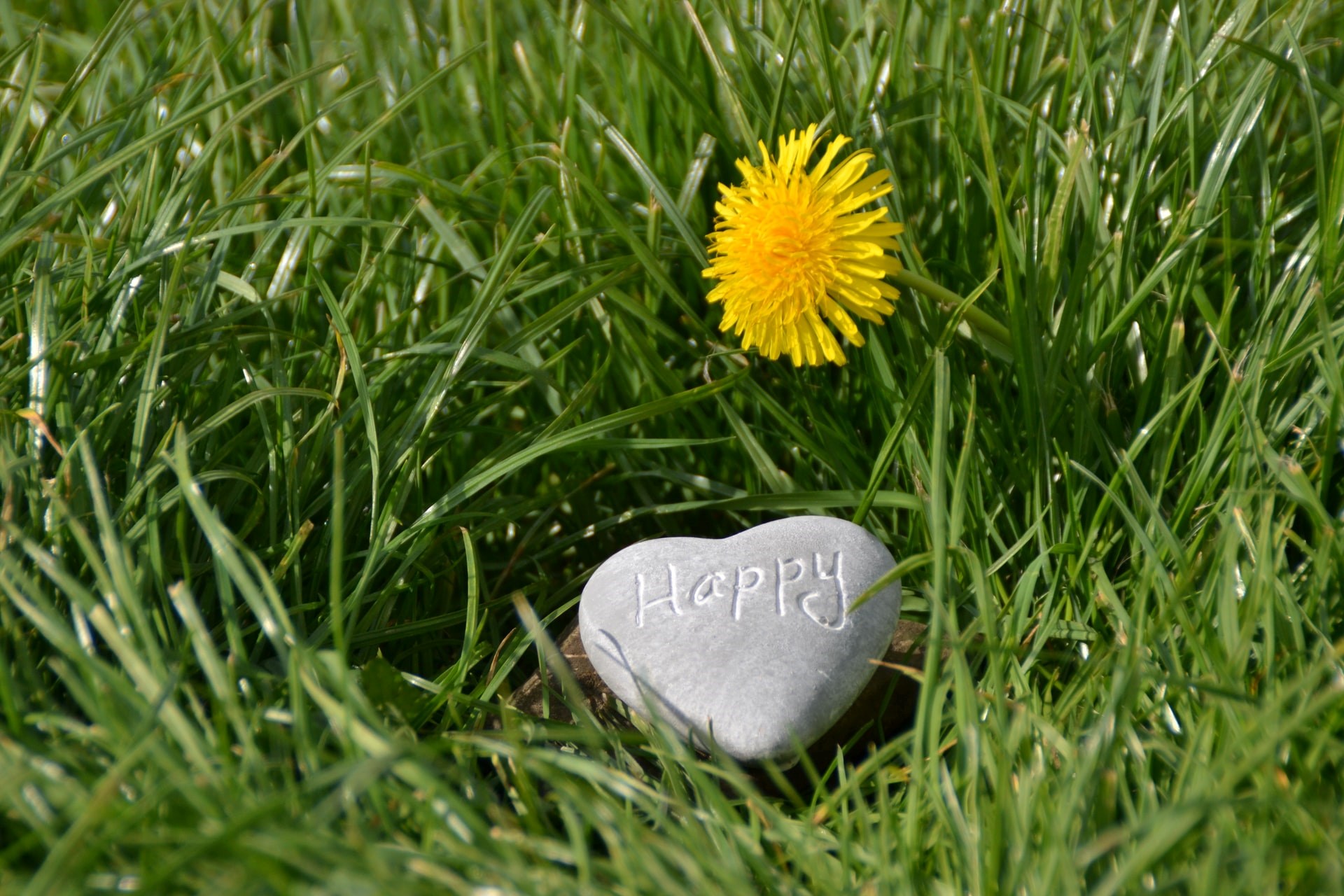Don’t look for happiness. Create it!
Clearly, there is nothing wrong in trying to find happiness. Very often, though, this pursuit is filled with unrealistic expectations, beliefs and biases that do not help us cultivate day-to-day well-being. Instead, they keep us away to find contentment in our life.
A belief that gets in the way of a fulfilling life is the thought that happiness is a destination and that until we reach it, we will not be happy. This belief could put our lives on hold, preventing us to enjoy the present moment that may grant us small moments of happiness or even unexpected happy ones.
Pay attention to your words every time you say or think: “When I’ll have/I’ll be….only then I’ll be happy”. This simple idea, which might seem harmless, might hide dangers:
- We might be so focused on our life goal that accidentally we might miss the opportunity of happiness in our existence.
- It is not necessarily the case that achieving an outcome we set for ourselves can give us the happiness we would like to have.
- Chances are, if you do reach your goal, that you might feel happier but this would be only temporarily. Some of our goals might even create situations of malaise or unhappiness in a medium or long term.

Therefore, instead of focusing with all our energies in a single goal, I advise you to create small activities that may contribute to your daily happiness.
Happiness is a journey, not a destination. How should we improve our journey to make it interesting, abundant and full of possibilities to increase our well-being?
For this reason, I’ll give you these hints that might help you to create a happy journey, regardless of the destination:
- Who are your travel companions? Write down a list of people that you may define as loyal, helpful and honest travel companions ( friends, relatives, co-workers, etc.). Have you been constantly deluded or harmed by anyone in the list, leave them aside.
- Which activities make you feel good? Do identify all activities that improve your well-being. Maybe you have a hobby or maybe you just like to walk in nature. Would you have hobbies that make you feel good, try to include them in your lives so they become a habit. Choose activities that improve your energy, your focus and your being in the present moment. Avoid all activities that might hurt yourself or others.
- How would you like to change the world and what would be your contribution to it? This might seem a tricky question but when we engage in activities that resonate with our values, we can substantially increase our well-being. Living a life that has meaning and purpose can be long term fulfilling.
- What are you procrastinating? Identify all the things that you are putting off and decide to achieve one of them. Learn how not to put your life in stand-by, waiting for better days. Life is unpredictable and procrastinate might not be a good idea.
- What does “work well” in your life? Try not to focus on the “half empty glass” but instead practise gratitude and focus on the “half full glass”. Although it’s easier to notice the lack in our lives, I invite you to pay attention to what is present in your life. Don’t take things, people, relationships for granted. How would your life be without them?
“The happiest people don’t have the best of everything, they just make the best of everything.”
Albert Einstein
Author: Paolo Assandri is a HCPC Registered Counselling Psychologist and a UKCP Registered Full Clinical Psychotherapist. He is also a fully qualified Italian psychologist (Ordine degli Psicologi del Piemonte). He lives and works in London offering counselling and psychotherapy.
Warning:
This article is not intended to replace any kind of medical/psychological therapy. Its only purpose is to provide information about psychology, mind-body wellbeing and mental health. If you need medical or psychological support, please contact a qualified health practitioner. Authors, producers, consultants involved in the production of this article are not responsible for any choice made by the reader after reading it.
